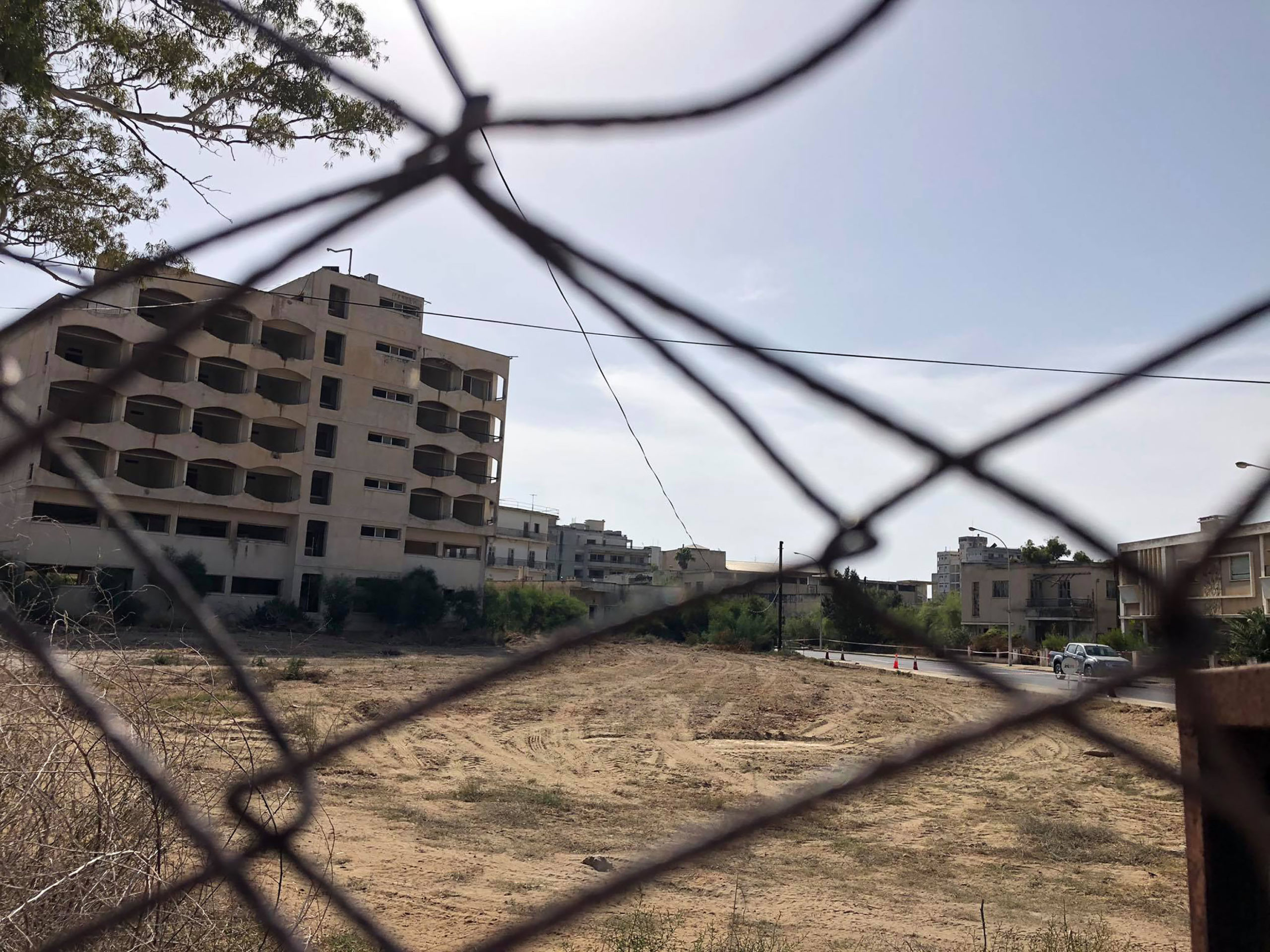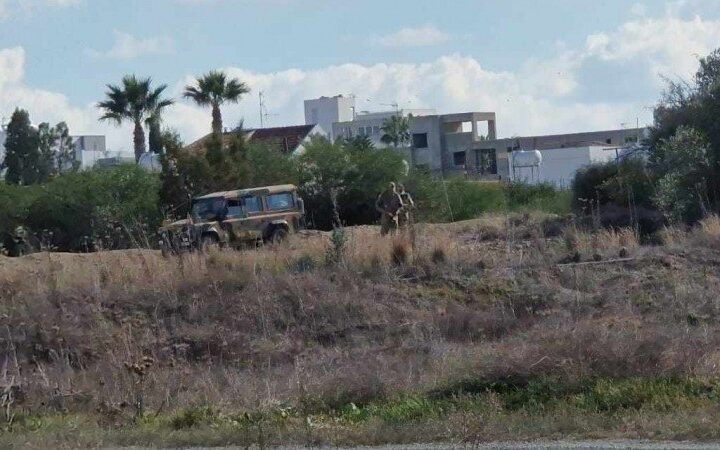In a world where optimism is in shorter supply than a COVID-19 vaccine, it seems almost masochistic to believe that anything positive can come out of the UN-hosted Cyprus conference to be held in Geneva.
It also seems rather quaint to rehash an old-world formula for a forgotten dispute wrapped in mothballs for the past four years.
The last time the guarantor powers (Greece, the UK, Turkey), the EU, Cypriot leaders, and the United Nations got together in Switzerland, it failed miserably.
The Chernobyl-like aftermath of the Crans-Montana debacle scattered so much debris across the Cyprus problem it hasn’t quite recovered.
So, this time around, there will be three-days of informal chit-chat to unravel the diplomatic puzzle that is the Cyprus problem.
If trying to recover from a devastating pandemic isn’t soul-destroying enough, the world has to be put through the charade of dressing up the island’s division as if it belongs to strangers to resolve.
Many would argue this is the worst time to have a summit to pierce the current deadlock of non-activity.
COVID-19 ensured people movement across the divide was blocked; the two communities are more isolated from each other than when the crossings first opened in 2003.
There have been no official negotiations since July 2017, while the backdrop has hardly improved as Turkey seems more emboldened to charge around the region, imprinting its authority.
Four years ago, there was a pretence that Ankara backed a peaceful solution for Cyprus that entailed a federal bridge of power-sharing and devolution.
Expecting Turkey to agree to a Cyprus settlement other than its own terms – without any sweeteners – is a naïve and foolhardy game that Nicosia likes to delude itself in playing.
As the prospect of Cyprus finding energy riches in its waters has grown, so has Turkey’s desire to lay claim to that natural wealth.
Nicosia played a risky gambit of squeezing out Ankara by building alliances with Israel, Egypt, and Greece.
It is a mutually beneficial alliance built on extracting and selling vast amounts of natural gas to Europe, a deal where everybody wins.
That put Turkey’s nose out of joint; nothing is allowed in its sphere of influence without the regional bullyboy giving its consent.
Erdogan smelt an opportunity to bolster his popularity at home by redrawing the East Med map and sending his navy to cause mischief.
Greece is new to the energy game, so Turkey took no time trying to cajole Athens into a bout of sabre-rattling; it was in no mood to have.
As for Cyprus, Erdogan sent his drillships straight in to rummage around for gas.
Unlike Greece, Cyprus does not have a navy, air force and is not a NATO member, so nobody really cares if its sovereignty is abused and violated.
Brussels made noises about being steadfastly behind its member state, happily throwing some token sanctions at the Turks.
As you would expect, Erdogan went off in a huff and placed an order for more drillships to sail into other people’s backyard.
While the government navel-gazed in the comfort of a prolonged stalemate, our friends in the north hardened their stance.
Peace, love and happy-ever-after in a united Cyprus weren’t really doing it for them.
They’d seen the Netflix movie, and it was time for something grittier.
Gone was the Woodstock peacenik Mustafa Akinci, replaced by the eye-of-the-tiger Ersin Tatar, endorsed by Erdogan for his partition-on-a-plate philosophy.
We all stood by to let it happen; there can be no hope where inertia and Cyprus politics are immovable objects.
How are Turkish Cypriots supposed to be encouraged to invest in a reunited future when trust-building is the elephant missing in the room.
In a cold-blooded gamble to dishearten Greek Cypriots from a shared future, Erdogan and Tatar conspired to open the fenced-off ghost town of Varosha.
It was a message to trumpet that partition was a reality, and Greek Cypriots would have no homes to return to.
Ironically, Varosha was slated to be the first territory handed back to its original Greek Cypriot inhabitants under the despised Annan Plan in 2004.
Varosha was often used as the carrot dangled in front of Greek Cypriots in a give-and-take strategy; now, it is removed from the table.
The government likes to wheel out all the big guns from Europe to offer fancy words of support, but when the battle commences, Cyprus is usually left standing alone with a gold album of what-might-have-been.
If Cypriots do not help themselves repair the damage of history, no conference in the world will save us.










